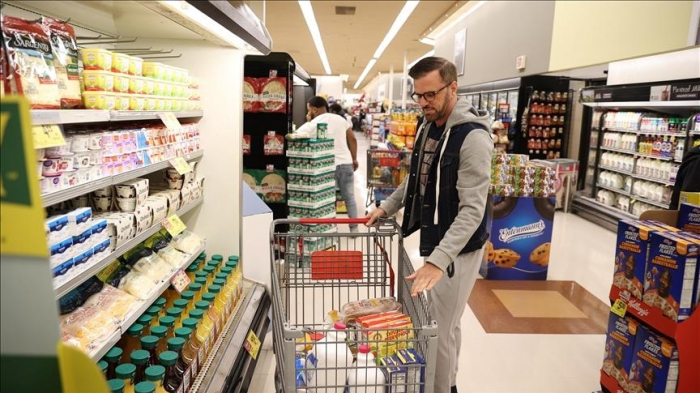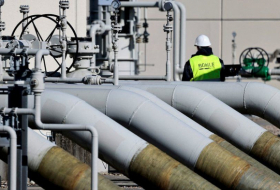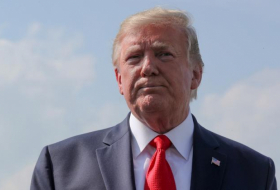The consumer price index (CPI), which measures changes in the prices of goods and services from a consumer's perspective, came much higher than the market estimate of 8.8%, after it annually rose 8.6% in May.
On a monthly basis, the CPI rose 1.3% in June from the previous month, also coming higher than the market expectation of 1.1%. The monthly CPI increase in May was 1%.
Gasoline, shelter, and food were the largest contributors to the consumer price increase, according to the Department of Labor.
"The energy index rose 7.5% over the month and contributed nearly half of the all items increase, with the gasoline index rising 11.2% and the other major component indexes also rising," it said in a statement.
On an annual basis, they soared 41.6% and 59.9%, respectively.
The core CPI, which excludes food and energy, increased 0.7% in June from the previous month, coming above the market expectation of a 0.6% gain. Core CPI posted a monthly increase of 0.6% in May.
Annually, core CPI jumped 5.9% in June year-on-year, also coming above the market estimate of 5.7%, after gaining 6% in May from the same month a year ago.
President Joe Biden said the inflation reading is "unacceptably high," adding: "Energy alone comprised nearly half of the monthly increase in inflation."
The president argued that the latest consumer inflation figure does not reflect the past month in gasoline prices, which have fallen $0.4 per gallon since mid-June as crude oil prices decline with recession fears and the rising value of the US dollar against other major currencies.
"Inflation is our most pressing economic challenge. It is hitting almost every country in the world," he said.
Biden argued that he will fight to bring down the price of gasoline, and urged Congress to act on legislation to reduce costs of prescription drugs, utility bills and health insurance, and give room to the Fed to combat inflation.
More about: United-States
















































